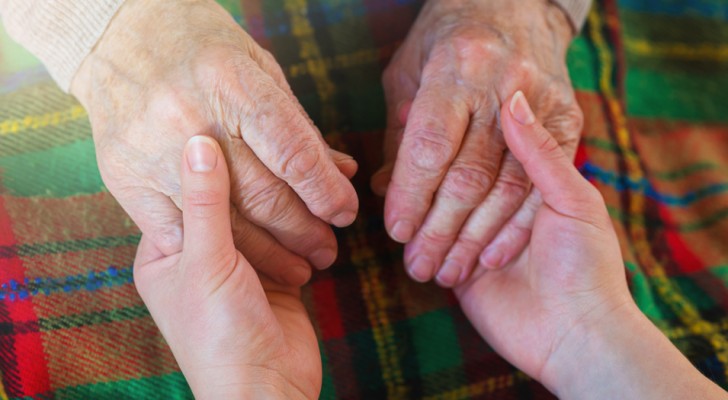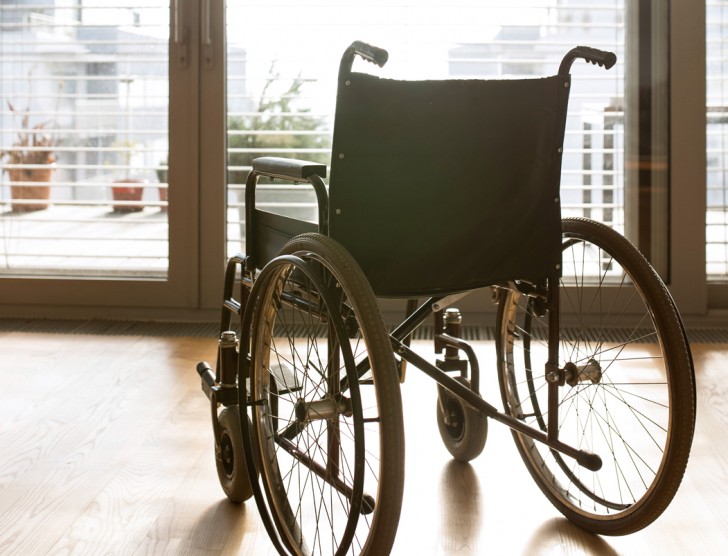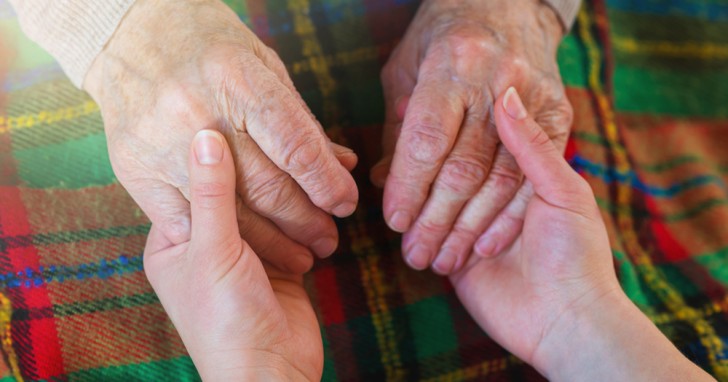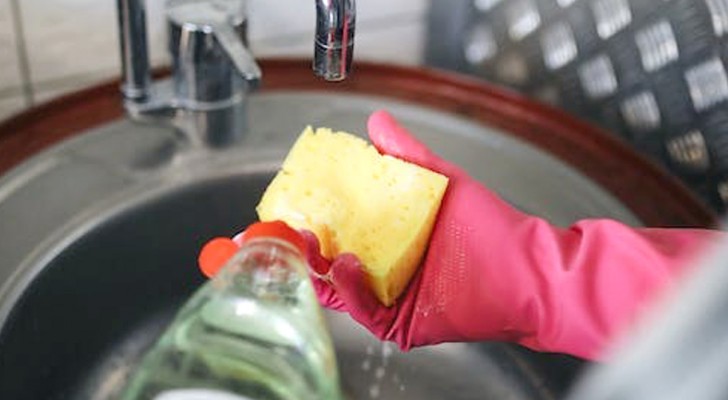Taking care of a non-self-sufficient family member is an act of love that is not always acknowledged

Who is a caregiver? We mean those who help, in their daily life, a loved one who is not self-sufficient. This is hard work not only because it is unpaid work, but also because of the importance of the emotional aspects and the sense of duty.
A caregiver's work can consist of direct or indirect assistance or complete supervision. And, in that case, a caregiver will have to bath the patient, change their clothes, prepare their food, and if necessary-- feed them, purchase their drugs, do their shopping, and take care of their legal affairs.
It is not easy for a family member, often a woman who is already a homemaker, to take care of her non-self-sufficient loved one full-time -- and this commitment can produce negative consequences for the caregiver both on the physical and psychological level.
Therefore, it is important to support not only the medical and social welfare institutions but also the whole family.

In Europe, the COFACE (Confederation of Family Organizations in the European Union) has drawn up the European Charter of the Family Assistant. As the population in Europe is becoming is aging more and more, life expectancy has increased and, therefore, caregivers are becoming increasingly important and should be better protected. Certainly, it is primarily an act of love that one family member performs for another family member, that should be recognized and supported on an institutional and social level.
In fact, now alongside caregivers, who are mostly middle-aged women, there are residential support centers that also provide advice from an experienced staff about how to go about giving the proper care and assistance to non-self-sufficient family members and relatives.
Unfortunately, this type of work is exhausting on both a physical and psychological level, and it is not difficult to find caregivers who feel frustrated, alone, tired, and who are suffering from frequent headaches and gastritis.

Caregivers should occasionally take a little break, but they are often so emotionally attached to their "patient", that they also give up these moments. Consequently, they fall into the so-called "caregiver syndrome".
Moreover, caregivers should always avoid social isolation, which means that they should delegate some caregiving responsibilities to other members of the family. In addition, caregivers can help to make the person they are assisting more autonomous, for example in their personal hygiene and eating, which would also increase the self-esteem of the non-self-sufficient person.
It is also important for a caregiver not to abandon their hobbies and also to allow themselves, from time to time, to take an invigorating walk, even for a few minutes, to take a short break.





